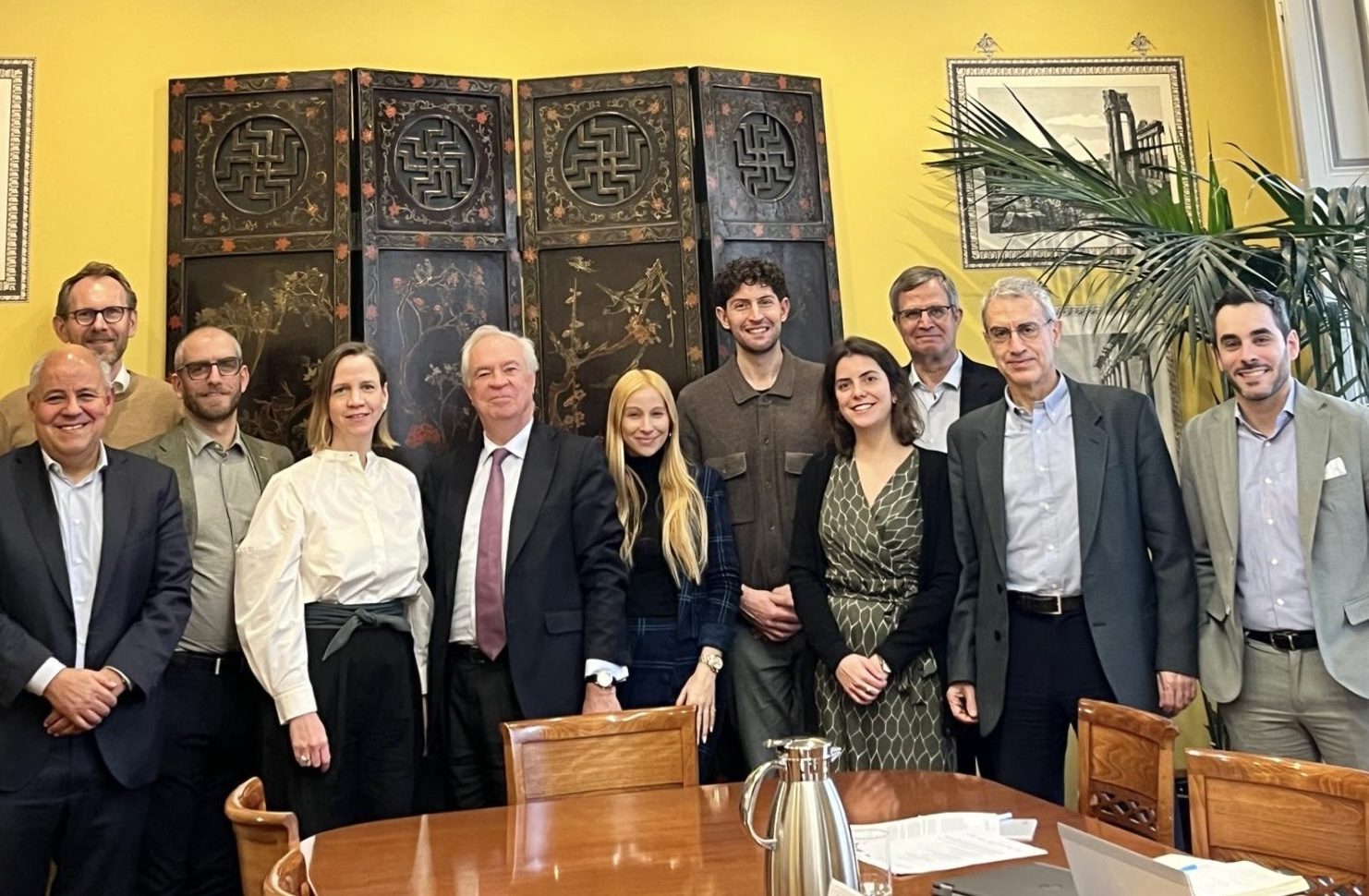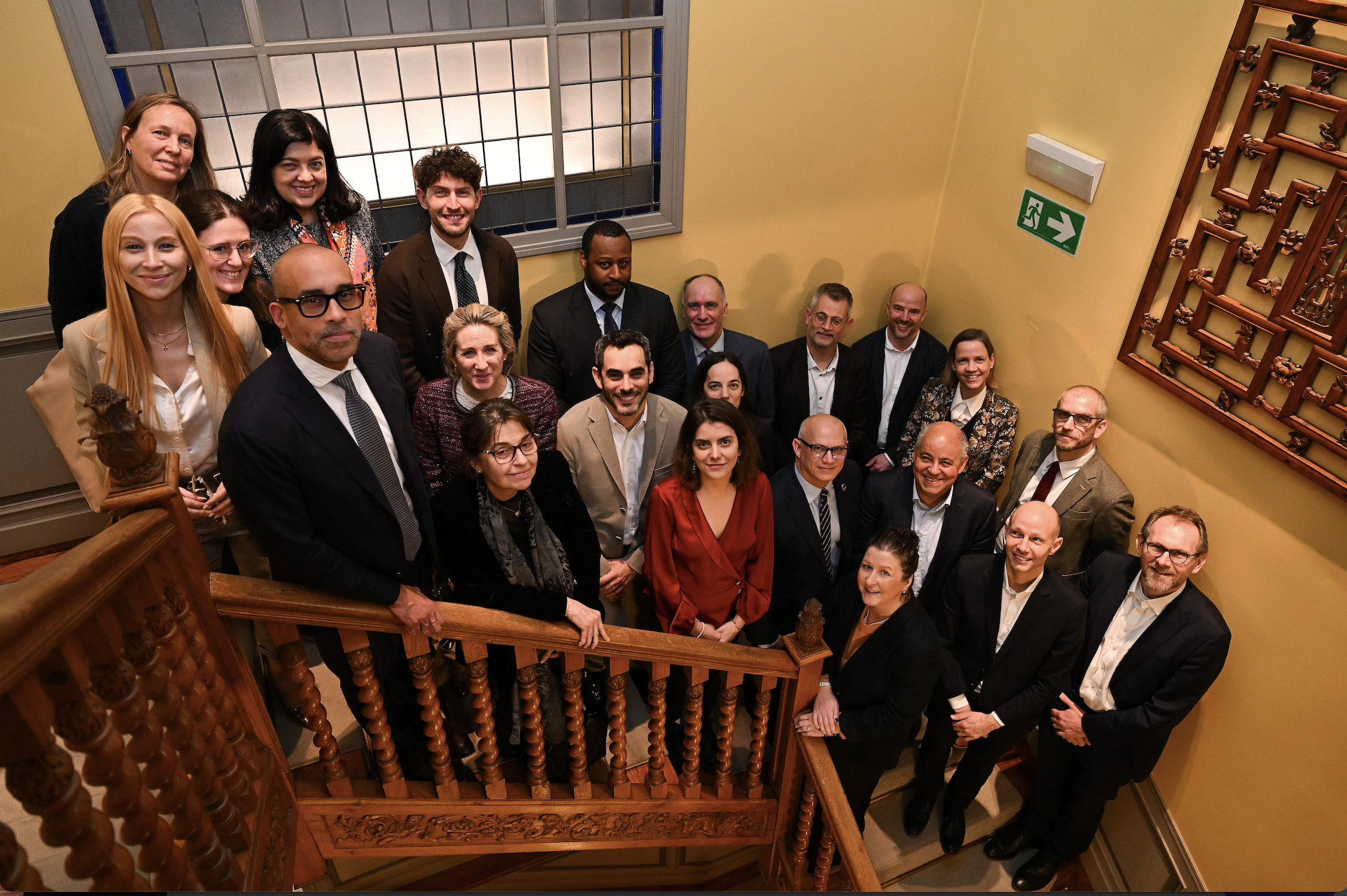Background note
Ensuring adequate access to sustainable development finance was already a fundamental challenge prior to the pandemic and will be an even more pressing imperative in the future, as the most vulnerable economies scramble to recover from the COVID-19 shock and cope with the escalating impacts of climate change.
It is pivotal to identify innovative financing mechanisms that help most fragile countries to build back better. In 2021, several important steps have been taken both to ensure a stronger resources mobilization, as well as to align such new liquidity to achieve the Agenda 2030 targets. For instance, at the G20 level, member States have agreed on the extension of the Debt Service Suspension Initiative (DSSI), have pledged 650 billion US dollars in re-allocation of Special Drawing Rights (SDRs) to be channelled through a new Resilience and Sustainability Trust and have launched the so called Common Framework beyond the DSSI. Although these initiatives signal the good will of the international community to boost multilateral development cooperation, they still remain insufficient to redress the emerging divergent recoveries and decisively improve debt sustainability outlooks. More innovative financing mechanisms are needed to meet the huge financial needs for private resources, together with a stronger institutional capacity to adequately utilize these instruments and engage in effective de-risking.
Against this backdrop, the recent second edition of the Finance in Common Summit (FICS) has showed once again how crucial it is to bring on board Public Development Banks (PDBs) and Multilateral Development Banks (MDBs) in these global efforts to support the achievement of the Agenda 2030 targets. On the one hand, PDBs play an increasing role in the development finance field. Their total investments reached over 2.5 trillion US dollars in 2020 depending on the perimeter, or about 12% of global investments in 2020. This amount increased by at least 13% compared to 2019. Estimated commitments from MDBs and the International Development Finance Club increased by at least 45% and 25% respectively in 2020 compared to 2019 (from 90 billion US dollars to 131 billion US dollars and from 750 billion US dollars and 940 billion US dollars respectively). Yet, on the other hand, despite an increased interest in aligning their operations to sustainability targets, PDBs still struggle to fully integrate the SDGs in their operations, for instance, by incorporating the imperative of the transition to low carbon, climate-resilient and equitable socio-economic models in all their financing decisions and project cycles. SDG alignment demands indeed high-level commitment, together with deep governance and, probably, business model restructuring.
Therefore, the aim of this webinar is to reflect on how the Public Development Banks (PDBs) and Multilateral Development Banks (MDBs) can help identify innovative financial mechanisms to unlock resources that can serve the achievement of the SDGs. The webinar will offer the opportunity to present a collective study conducted by the Istituto Affari Internazionali (IAI) in the context of the European Think Tanks Group (ETTG) that has developed four operationalisation principles, along with practical steps to help these actors fully align their activities with the 2030 Agenda and SDGs.
Link for registration here:
https://us02web.zoom.us/meeting/register/tZUuf-uoqjkpH9DWA9u6fRasIMqMcf8boOsE
Programme
13.30- 13.50 WELCOME REMARKS
GIUSEPPE CASALE, Director a.i., International Training Centre of the ILO (ITCILO)
VINCENZO FUCCI, Research and Programme Officer, International Training Centre of the ILO (ITCILO)
NICOLÒ RUSSO PEREZ, International Relations Coordinator, Fondazione Compagnia di San Paolo
NICOLETTA PIROZZI, Head of the EU politics and institutions Programme and Institutional Relations Manager, Istituto Affari Internazionali (IAI)
13.50- 14.00 KICK-OFF– Presentation of the ETTG Study on how the Public Development Banks can align SDGs in their operations
DAMIEN BARCHICHE, Director of the Governance Programme, Institut du développement durable et des relations internationals (IDDRI)
14.00- 14.45 PANEL 1: THE ROLE OF PUBLIC AND MULTILATERAL DEVELOPMENT BANKS IN SUPPORTING A SUSTAINABLE TRANSITION
JAFAR JAVAN, Director, United Nations System Staff College (UNSSC)
MARTHA PHIRI, Director, Human Capital, Youth and Skills Development Department, African Development Bank
BAMBANG BRODJONEGORO, T20 Co-Chair
ENRICO PETROCELLI, Head of International Institutional Relations, Cassa Depositi e Prestiti
Moderated by: DANIELE FATTIBENE, Research Fellow, Istituto Affari Internazionali (IAI), and Coordinator of the European Think Tanks Group (ETTG)
Q&A 14.45- 15.00 Break
15.00- 15.45 PANEL 2: FINDING INNOVATIVE MECHANISMS TO SUPPORT FINANCE FOR SUSTAINABLE DEVELOPMENT
FEDERICO BONAGLIA, Deputy Director, OECD Development Centre
DANIELA GABOR, Professor of Economics and Macro-Finance, University of the West of England
JESSE HAJER, Professor of Economics and Labour Studies Program, University of Manitoba
Moderated by: VINCENZO FUCCI, Research and Programme Officer, International Training Centre of the ILO (ITCILO)
Q&A 15.45-16.00 CONCLUDING REMARKS
Working language: English
Link for registration here:
https://us02web.zoom.us/meeting/register/tZUuf-uoqjkpH9DWA9u6fRasIMqMcf8boOsE
The aim of this web meeting is to reflect on how the Public Development Banks (PDBs) and Multilateral Development Banks (MDBs) can help identify innovative financial mechanisms to unlock resources that can serve the achievement of the SDGs. The webinar will offer the opportunity to present a collective study conducted by the Istituto Affari Internazionali (IAI) in the context of the European Think Tanks Group (ETTG) that has developed four operationalisation principles, along with practical steps to help these actors fully align their activities with the 2030 Agenda and SDGs. The event is organized in collaboration with the International Training Centre of the International Labour Organization (ITC-ILO), the ETTG, with the strategic partnership of Fondazione Compagnia di San Paolo.
Photo by Elena Mozhvilo on Unsplash.





